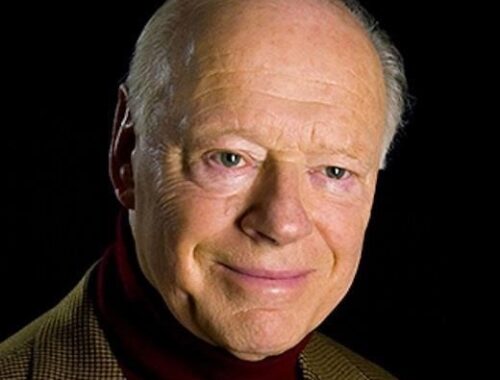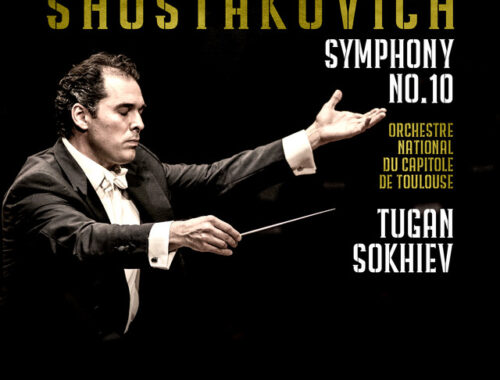London Philharmonic Orchestra, Jurowski, Royal Festival Hall
As curator of the London Philharmonic Orchestra’s ongoing Prokofiev series Vladimir Jurowski has striven to highlight the paradoxes which serve to make him the most contradictory of composers. He’s fielding oddities, he’s bowling googlies – none more so than Symphonic Song Op.57. When did anyone last hear this curiosity, if ever, and was there ever a piece which more perversely stretched the credibility of its title?
The song is in there somewhere, momentarily lush but dissipating through a succession of solo string lines, ugly and yet oddly beautiful when a fragment of it surfaces in solo double bass. The tuba gets to be a star, too – less surprising given that this is Prokofiev but surely more provocative here than anywhere else in his output. Odd juxtapositions of instrumentation – like oboe and contra-bassoon, flute and string bass – and mood make this piece impossible to read and/or second-guess. The sonority is unmistakable – that wilful opposition of the lush and brutish – but everything else is left-field. It proved hard making a distinction between what was precarious and half-baked in the piece and under-rehearsed in the performance.
No such confusions through the rest of the evening. Steven Osborne was the perfect pianist to invigorate and lay bare the cubist baroque of the 5th Piano Concerto. It would be hard to imagine a better example of past and future in such devilish collusion. When the third movement Toccata takes the opening idea of the piece on a Formula One spin you can barely register the conceit for breathlessness. Osborne hammered home its rivets and powered its roulades to within an inch of their lives and yet there was magic and poetry, too, not least in the airy cadenza-like reverie of the finale, bassoons unexpectedly joining him for a beauty-and-the-beast moment. Fantastical in every sense.
The astounding 6th Symphony chronicles an uneasy post-war peace with the tick-tock of the wood block repeatedly counting down to catastrophe. What catastrophe? At home or abroad? That this was Prokofiev’s reply to winning the Stalin Prize for his 5th Symphony poses more awkward questions than it answers. But he wrote nothing more disturbing or more emotive and Jurowski and the LPO packed a massive punch in realising it. Long before the jolly peasant dance turns to ominous goose-stepping in the finale, comes a slow movement so mired in oppression that its lyricism can barely break free of the surface. Stunning.
You May Also Like

GRAMOPHONE: From Where I Sit – December 2020
06/01/2021
GRAMOPHONE Review: Shostakovich Symphony No. 10 – Orchestre National du Capitole de Toulouse/Sokhiev
10/08/2022